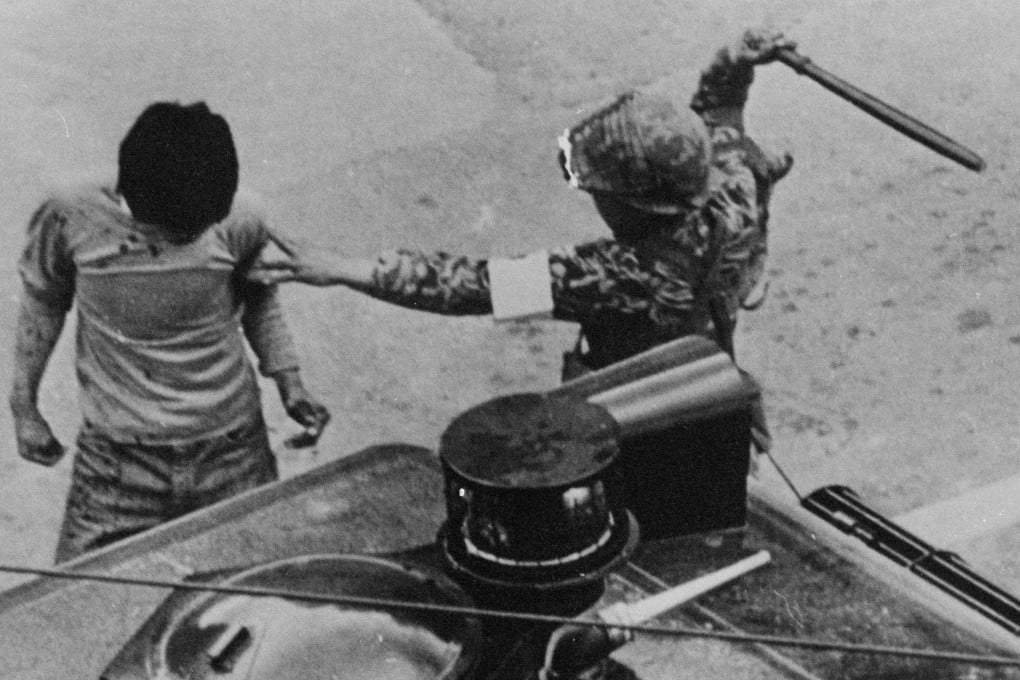Gwangju massacre: scars still raw 40 years after dictator crushed South Korea pro-democracy uprising
- Massacre of pro-democracy activists in 1980 remains a traumatic landmark in nation’s modern history
- Crackdown left around 160 people dead and over 70 missing and cemented General Chun Doo-hwan’s grip on power

It is 40 years since Choi Jung-ja saw her husband, who has been missing since South Korea’s military dictatorship killed hundreds of people when they crushed the pro-democracy Gwangju Uprising, a scar that burns in the country’s political psyche to this day.
On May 18, 1980 demonstrators protesting against dictator Chun Doo-hwan’s declaration of martial law confronted his troops and 10 days of violence ensued.
But conservatives in the South still condemn the uprising as a Communist-inspired rebellion backed by the North, while left-leaning President Moon Jae-in wants to enshrine it in the constitution.
Choi’s husband was 43 when he left their house in the southern city to buy oil for a heater at the family pub, never to return.

Once the violence was over Choi frantically searched for him, even opening random coffins in the streets covered with bloodstained Korean flags.